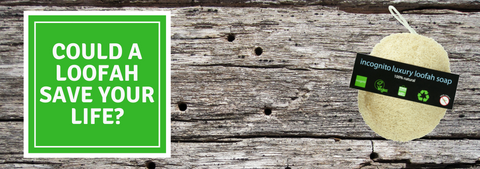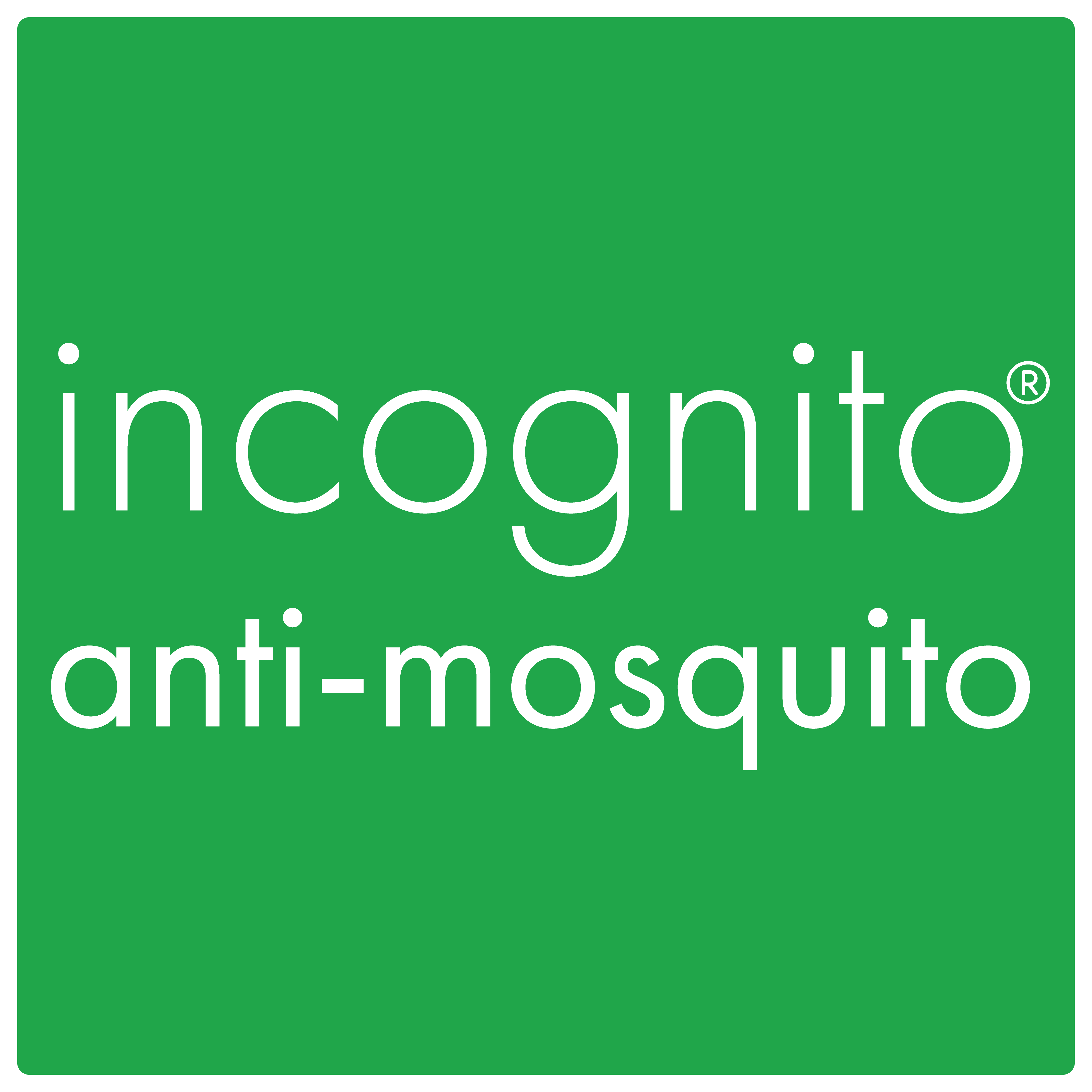The incognito Blog

The humble loofah. Could bring back nostalgic memories of childhood bath times. Might remind you of shopping for White Musk and strawberry lip balm at The Body Shop.
But did you know they’re part of a process that could save your life if you’re heading to a tropical climate?
A new report has been released by the WHO to provide an update on the global malaria crisis and success of efforts to eradicate the disease. Sadly, though as predicted – the report’s findings show that progress has slowed drastically in the last two years. So much so that malaria cases increased by 5 million … Continue reading "Are mosquitoes beating us in the fight against malaria?"
We don’t usually post reviews on our blog, but we also don’t usually hear from daredevils like India and Ester who had decided to sign up for the infamous “Mongol Rally” – a 10,000 mile journey through mountains, deserts, and steppe of Europe and Asia in what is best described as ‘an old banger’ with no rules, … Continue reading "Around the world with incognito: The Mongol Rally"



